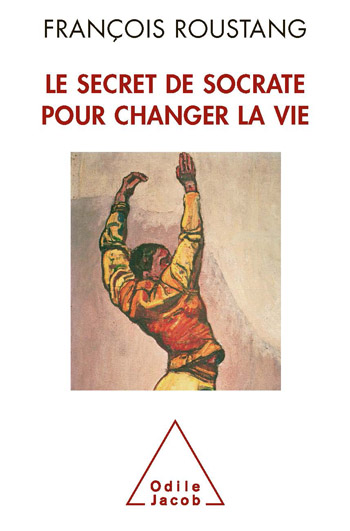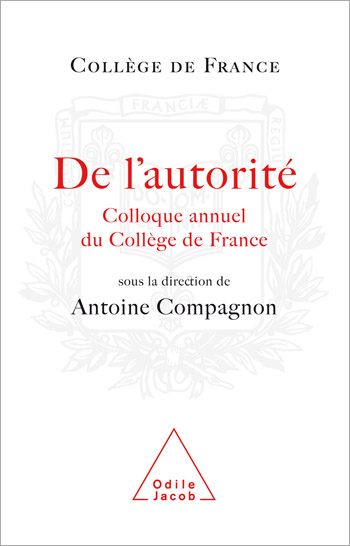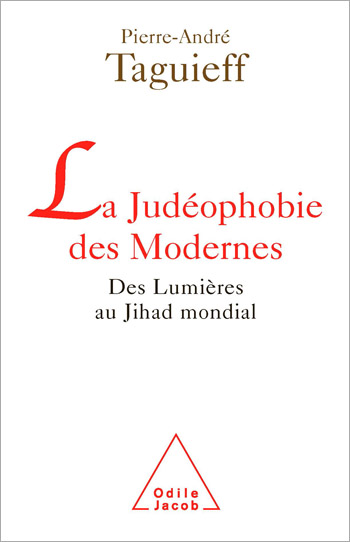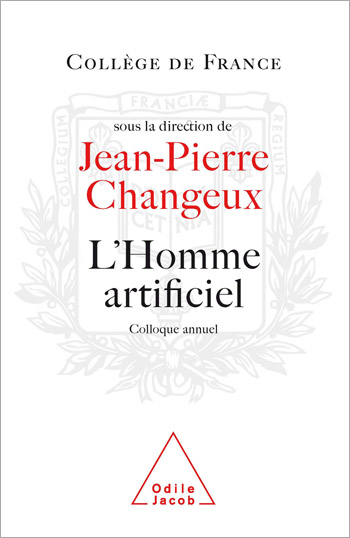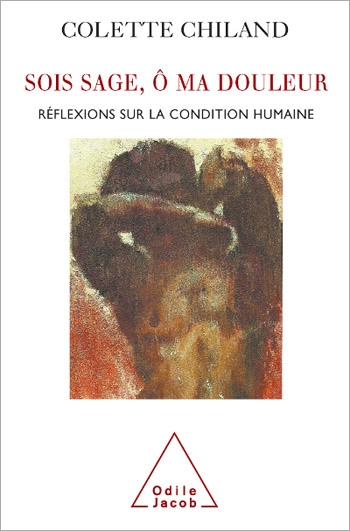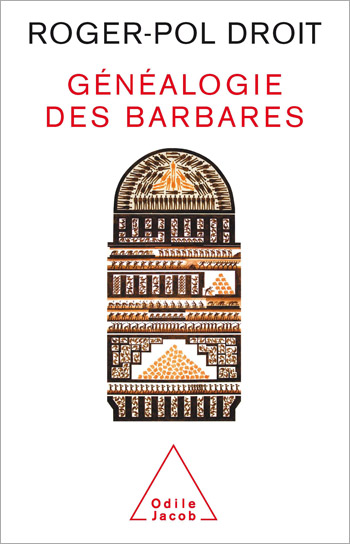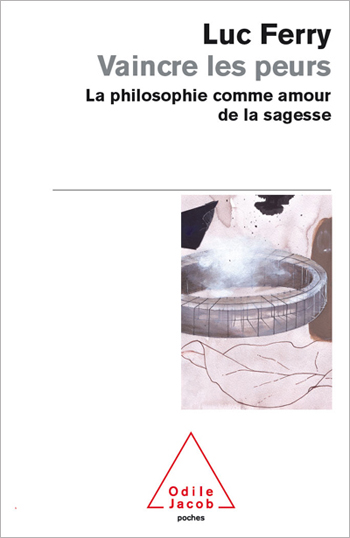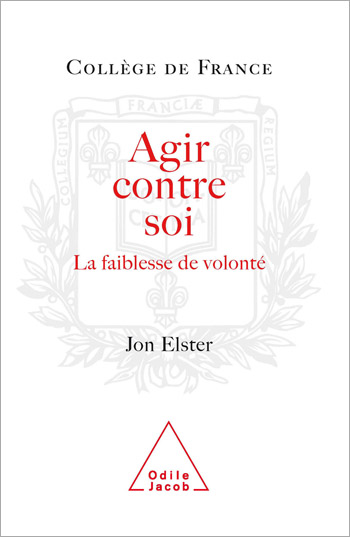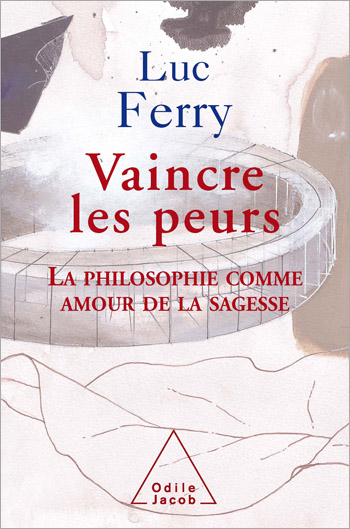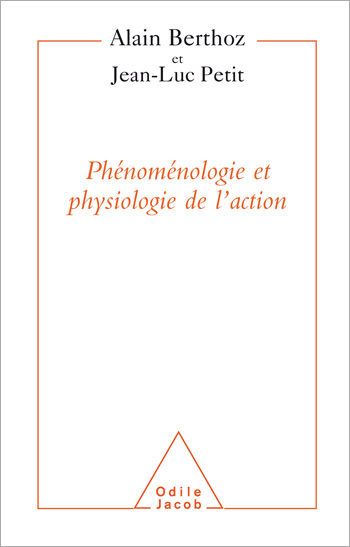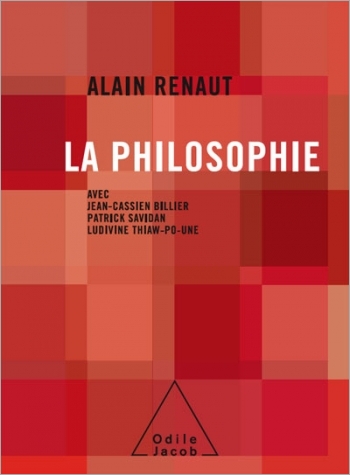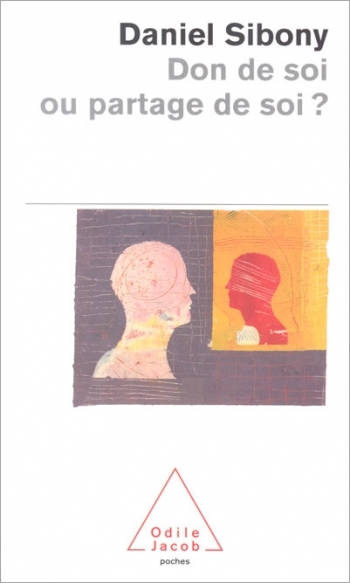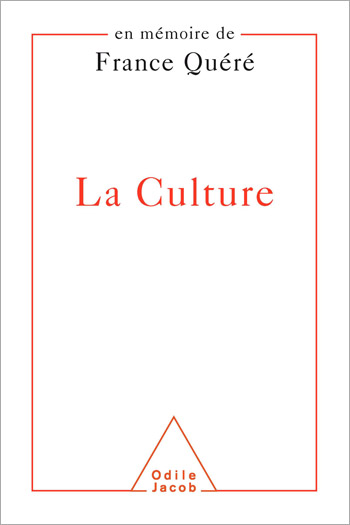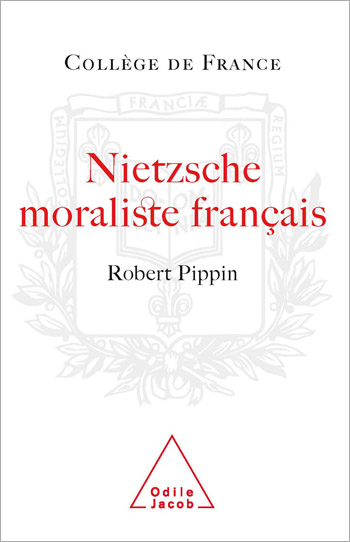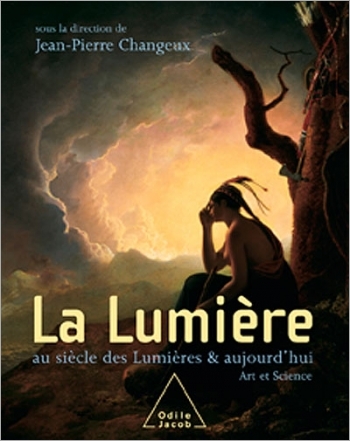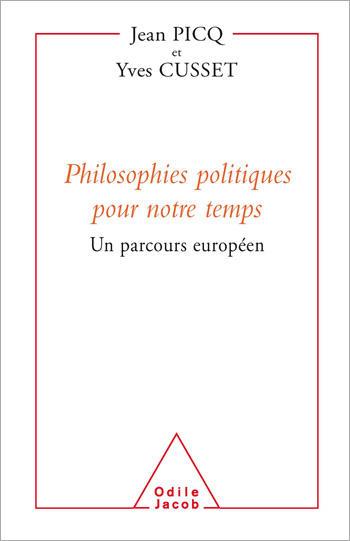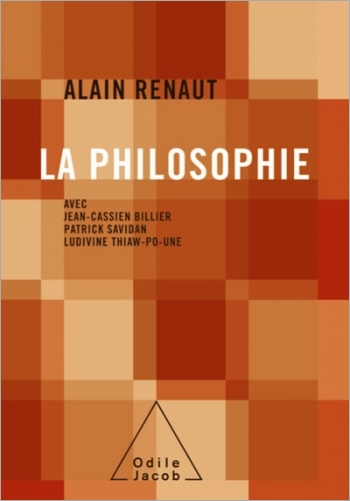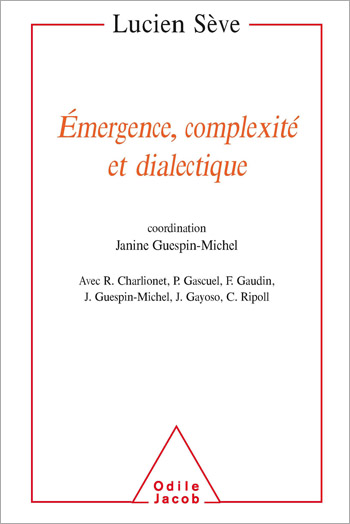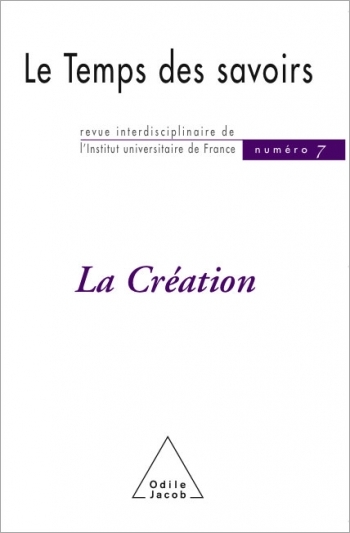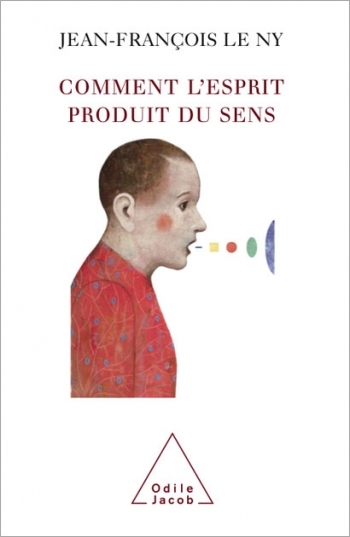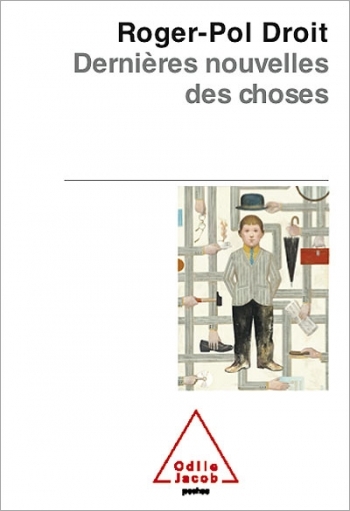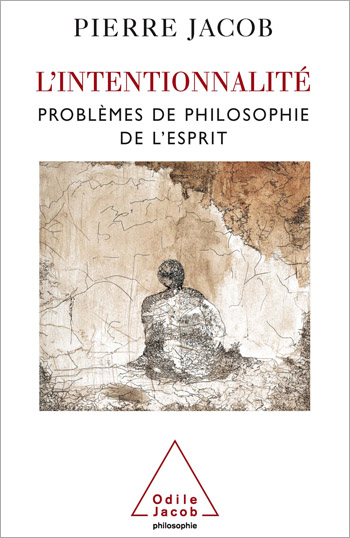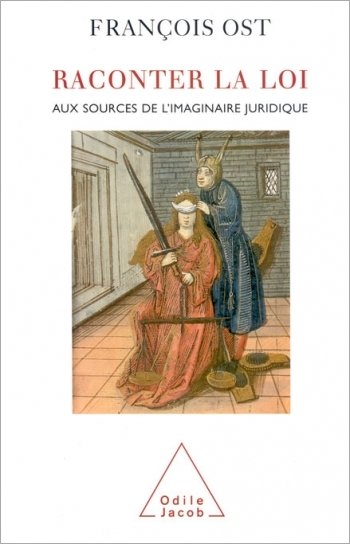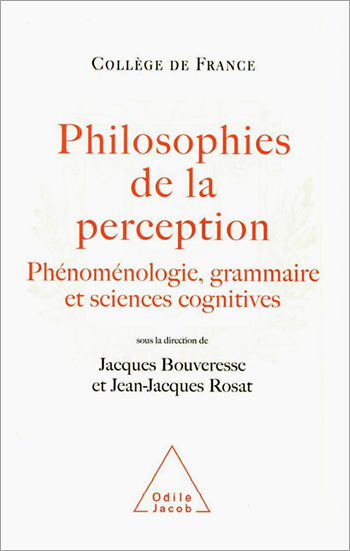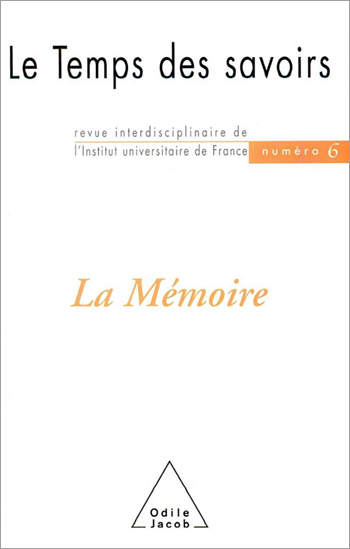Philosophy All books
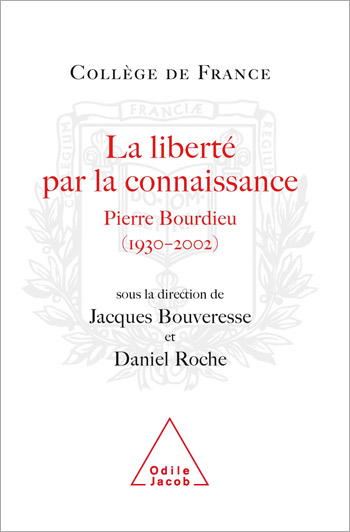
Jacques Bouveresse, Daniel Roche
Freedom Through Knowledge: Pierre Bourdieu, 1930-2002 (Travaux du Collège de France)
Gathered in this volume are the texts of lectures given in memory of Pierre Bourdieu at an international colloquium held on 26-27 June 2003 and jointly organised by the Collège de France and the Ecole Normale Supérieure, with the backing of the Hugot Foundation.
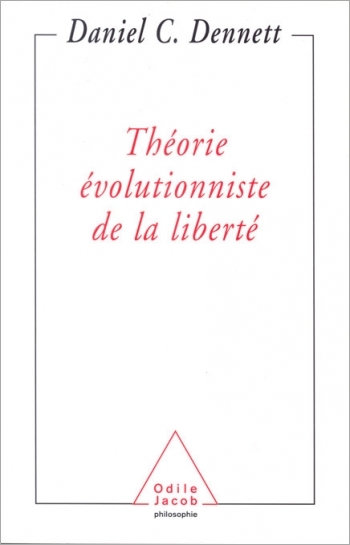
Daniel C. Dennett
Evolutionist theory of freedom
Billions of years ago, there was no freedom on earth, for the simple reason that there was no life. What forms of freedom have evolved since the first stirrings of life? Can freedom and free will exist in a deterministic universe? If we are free, are we responsible for our freedom, or is it governed by chance? Drawing on evolutionary biology and the cognitive sciences, Daniel Dennett provides a series of unorthodox replies to these traditional philosophical questions. It is generally held that what is determined is inevitable and that freedom can only exist in a non-deterministic universe. This is untrue, says Dennett. It is also held that in a pre-determined universe, we have no real choices: all we have is the illusion that we can choose. This too is false, argues Dennett. He then goes on to explain how, some day, we will be able to create robots endowed with free will. In this groundbreaking book, written in a striking, lively style, Dennett interweaves philosophical creativity with the latest scientific developments, and challenges a series of philosophical orthodoxies. Daniel C. Dennett is University Professor and Director of the Center for Cognitive Studies at Tufts University, Mass., U.S.A. He is the author of Consciousness Explained and Darwin's Dangerous Idea.
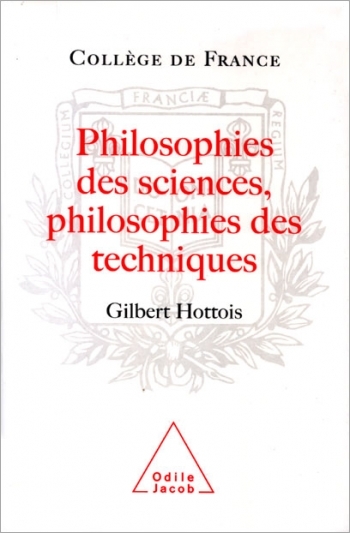
Gilbert Hottois
Philosophy of Science, Philosophy of Technology (Travaux du Collège de France)
Is the philosophy of science concerned with the technique and the philosophy of technology?
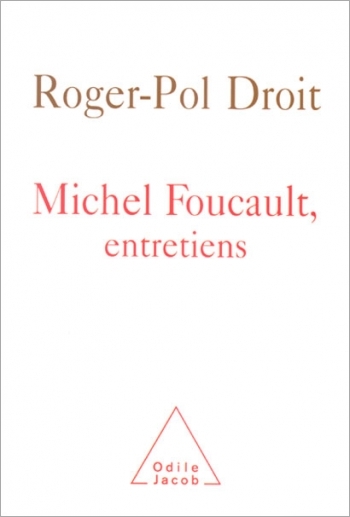
Roger-Pol Droit
Michel Foucault, interviews
On 25 June 1984, Michel Foucault died of AIDS-related complications at a hospital in Paris. Since then, his reputation and influence - already great during his lifetime - have not ceased to grow. Whether his subject was asylums, prisons or the history of sexuality, Foucault always tried to understand the organising forces behind prevalent social attitudes, by which a society defines itself, so as to disrupt the existing order. A philosopher as well as a historian, Foucault was an unclassifiable, unpredictable, subversive thinker, and the inventor of a new style of intellectual investigation. He rarely spoke of himself, or of his goals, or of his relations to his own writing, experiences and intellectual development. He did, however, talk about himself in a series of interviews that he gave me in June 1975, a few weeks after the publication of Discipline and Punish: The Birth of the Prison. Wishing to pay homage to his memory, I have gathered here three of those interviews, which were previously published in the press, along with some of my memories and thoughts about him, writes Roger-Pol Droit. Roger-Pol Droit is a research fellow in philosophy at the Centre National de la Recherche Scientifique (CNRS) and a columnist for the French daily newspaper Le Monde. He is the author of La Compagnie des philosophes, La Compagnie des contemporains, 101 Expériences de philosophie quotidienne and Dernières nouvelles des choses.

